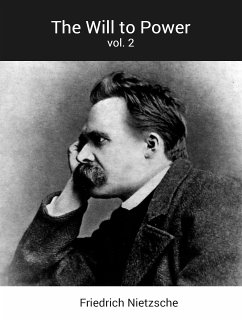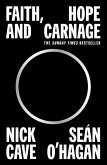In a review of the work of Karl Jaspers composed several years before the publication of his book Being and Time, Martin Heidegger suggested that the philosophical orientations of his period had made a wrong turn and skirted by the fundamental path of thought. He suggested that instead of taking up a heritage of original questions, his contemporaries had become preoccupied with secondary issues, accepting as fundamental what was in fact only incidental. In the years that followed, Heidegger's promise to reorient philosophy in terms of the Seinsfrage, the question of Being, exercised a well-known influence on successive generations of thinkers on a global scale. The present book delves into the philosophical sources of this influence and raises the question whether Heidegger indeed made good on the promise to reveal for thought what is truly fundamental. In proposing this investigation, the author assumes that it is not sufficient to take Heidegger at his word, but that it is necessary to scrutinize what is posited as fundamental in light of its broader implications-above all for ethico-political judgment and for historical reflection. After addressing this question in the first part of the book, the second part examines the significance of Heidegger's reorientation of philosophy through the prism of its critical reception in the thought of Hannah Arendt, Ernst Cassirer, Emmanuel Levinas, and Paul Ricoeur.
Dieser Download kann aus rechtlichen Gründen nur mit Rechnungsadresse in A, B, BG, CY, CZ, D, DK, EW, E, FIN, F, GR, HR, H, IRL, I, LT, L, LR, M, NL, PL, P, R, S, SLO, SK ausgeliefert werden.









